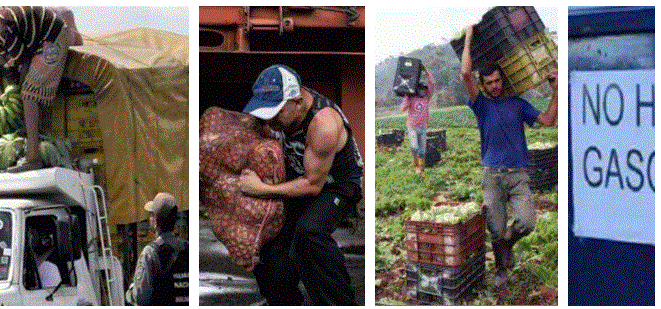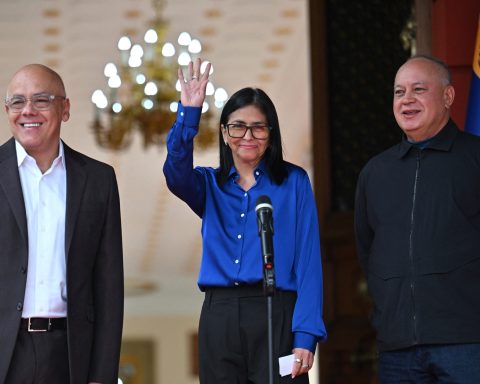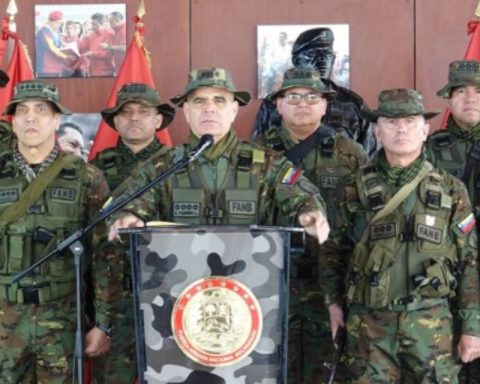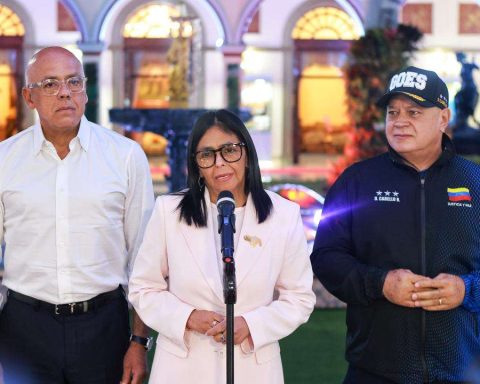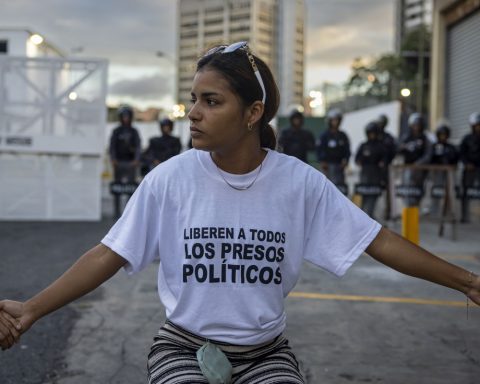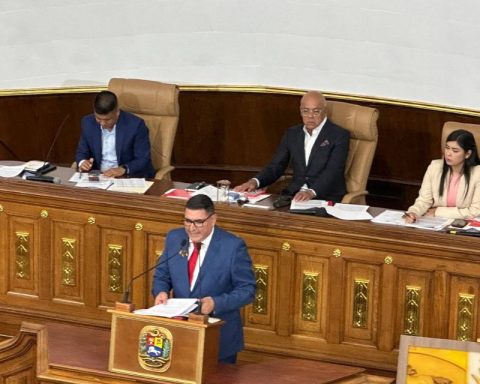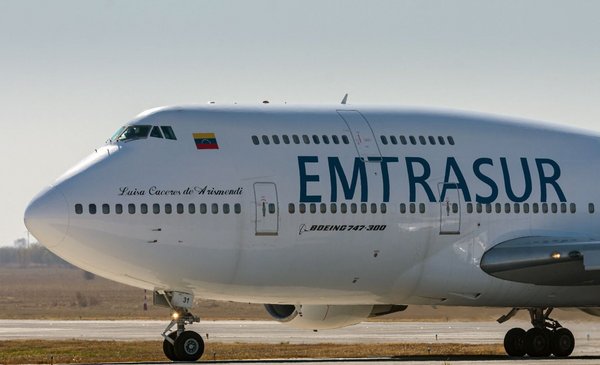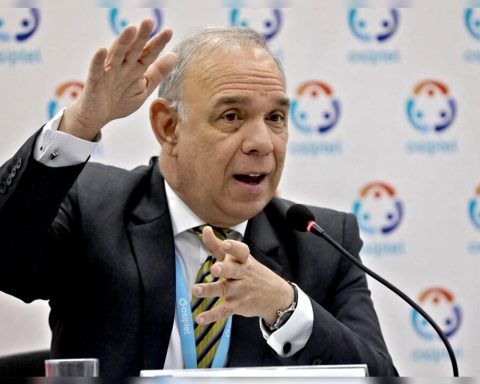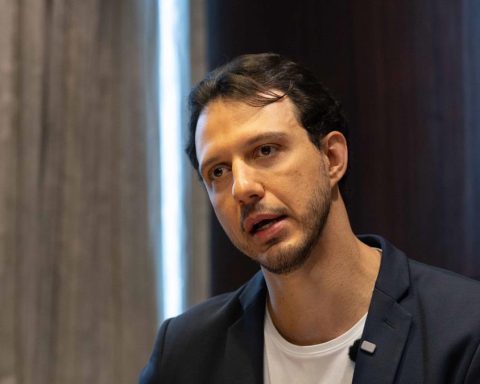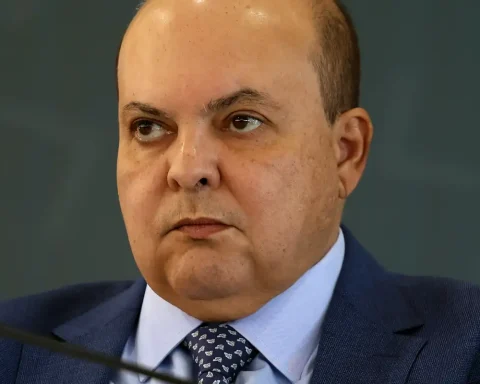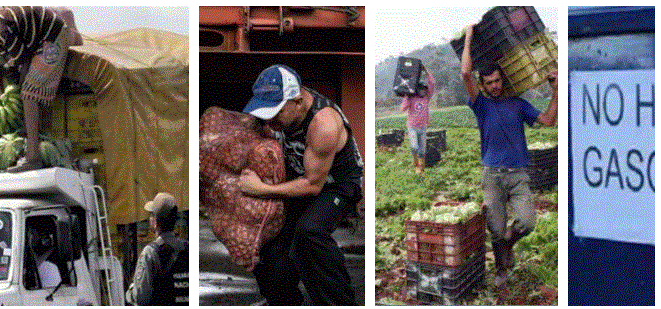
Every time a Venezuelan consumer, with their pockets always on the verge of collapse, manages to purchase a product of plant origin, grown and harvested in Venezuelan territory, a double miracle occurs: the first is that the buyer has the necessary money to acquire the most basic foods, in an economy devastated by the destruction of the productive apparatus and inflation; the second, which is the subject I deal with in this article, the miracle of producing food of plant or livestock origin, which finally reaches the markets or the counters of shops and automarkets, after overcoming countless difficulties.
Only when the consumer stops to think about the conditions in which farmers work, the difficulties and hostilities they must endure, only then does he understand that every Venezuelan producer is, to some extent, a hero of survival and resistance.
The history of the sufferings of Venezuelan farmers during the current regime had a turning point -a leap into the void- when in October 2010 Chávez signed the expropriation of Agroisleña, the main supplier of tools, supplies, seeds and multiple assistance with that the country’s agricultural and livestock producers had. Not a quarter had passed – that of Agroisleña must constitute a record of institutional destruction in the world – when the problems began: seeds and almost all fundamental inputs disappeared or were scarce. “Sellers” or managers appeared who obtained the necessary products, but with surcharges that doubled or tripled, without any justification – except for scarcity – the costs of the elements necessary to produce. The most diligent readers should remember that, in reality, the food shortage in Venezuela had begun in 2009, and that ―basically as a result of the assault on Agroisleña―, in 2011 the production of the Venezuelan countryside began to decline very quickly. .
Since then, the policies and realities promoted by the Chávez and Maduro regimes have pounced on rural producers with unlimited ferocity, impudence and impunity.
One of the deepest problems and one that produces the greatest unease in agricultural regions, no matter if they are small or medium-sized producers, is the severe and permanent crisis of public services: in all the producing areas of the country, electricity fails almost daily. Last week, for example, the Trujillo state Fedecamaras association circulated a statement containing a series of complaints. In the text we are reminded that when there is no electricity, the irrigation systems do not work, nor do the refrigeration chambers. They also refer to the lack of drinking water. About five weeks ago I read the statements of meat vendors in Zulia state who denounced the loss of dairy and meat products after the successive blackouts, which are the hallmark of daily life in the western region of the country.
Parallel to this issue, as serious as the dispossession of electricity service, is the scarcity of fuel, vital for the operation of agricultural machinery, vital for supplying the electricity generating plants that some of the producers have, vital for transporting crops to markets and distribution centers. While the government allows itself the irresponsible, immoral and treacherous shipment of diesel to Cuba, availability in the country is deficient: right now, it ranges between 20% and 35% and, although it may be surprising for any reader who does not live In Venezuela, there have been months, in the last 4 years, when the deficit reached between 90% and 95% (it is likely that we will never know what the total value is, the amounts by item and the destruction of wealth and jobs that has represented the loss of food and crops due to lack of fuel, as of 2017).
Without drinking water, without electricity supply, without gasoline, without gas oil or diesel, without basic supplies and without seeds, but also without any physical and patrimonial security. This must be firmly denounced, also in the international arena: farmers in the countryside are harassed, persecuted, kidnapped and robbed by organized gangs, who often act with the protection or omission of Venezuelan soldiers. But this is not all: for four years or more, without the Venezuelan State making any effort to prevent this horror, the families that produce the food have been victims of an extortion program that does not stop: every time they transport their products There are, at any point in the Venezuelan geography, the sales tax where they are forced to hand over money and part of the merchandise to the military, under the threat that they will be detained and tortured if they refuse to do so. I know the story, first hand, of a cheese producer from Apure, who traveled to Barquisimeto. When he left the small farm he had 190 kilos of cargo. When he arrived in the capital of Larense, after going through 6 military checkpoints, his load had been reduced to 85 kilos. This warns us that, strictly speaking, the producers of the Venezuelan countryside possibly lead the ranking of defenselessness against the unilateral, militaristic and unlimited power of the regime before society. I believe that no one is subjected to more, not even public employees.
Does the siege of Venezuelan farmers end here? Absolutely. In order for us to have a broader and more complex vision of what is happening, we would have to mention the disappearance, in practice, of credit policies; the almost total absence of advice and technical services; unleashed inflation that impacts the price of diesel and supplies; the shortage of gas for various uses; the infamous state of agricultural roads and highways; and the non-existence of interlocutors in the State, among many other plagues.
Now I turn to the reader: is it or is it not a miracle that food from the Venezuelan countryside reaches the markets?
